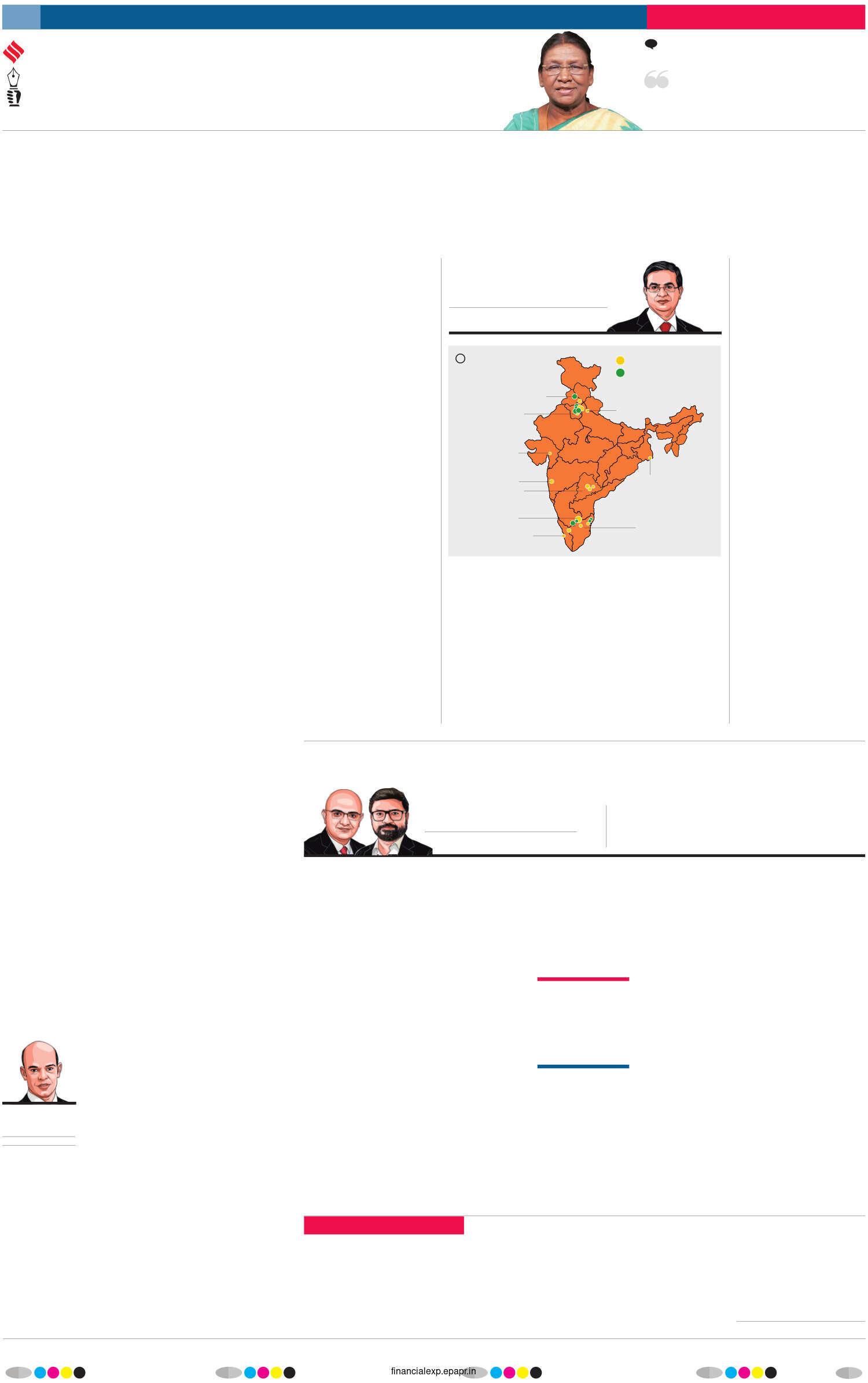
IN A WORLD where economic and social ties transcend borders, cross-border payments are the backbone of international trade and global finance. For India, which receives the most remittances, these transactions are crucial to the country's economic fabric. In 2023, India received $120 billion in foreign remittances, with over 20% coming from the US and 18% from the UAE, per World Bank data.
Beyond personal remittances, payments also include services provided by Indian professionals and business remittances. However, beneath the impressive figures lies a somewhat inadequate payment infrastructure, marked by slow processing times due to intermediaries and high transaction costs. To maintain competitiveness in the global market, India must address these challenges through regulatory reform and innovation.
More to cross-border payments In FY24, India's IT exports welcomed $199 billion, while foreign domestic investments (FDIs) into India totalled $70.95 billion, per data from India Brand Equity Foundation. These figures underscore the need for an efficient payment infrastructure that can support growing cross-border transactions. Outbound payments also face challenges, from regulatory hurdles to inconsistent infrastructure, which must be addressed to enhance the country's global competitiveness and digital growth.
Denne historien er fra December 17, 2024-utgaven av Financial Express Kolkata.
Start din 7-dagers gratis prøveperiode på Magzter GOLD for å få tilgang til tusenvis av utvalgte premiumhistorier og 9000+ magasiner og aviser.
Allerede abonnent ? Logg på
Denne historien er fra December 17, 2024-utgaven av Financial Express Kolkata.
Start din 7-dagers gratis prøveperiode på Magzter GOLD for å få tilgang til tusenvis av utvalgte premiumhistorier og 9000+ magasiner og aviser.
Allerede abonnent? Logg på

Markets slump over 1%
● Investors' wealth down ₹4.92 lakh cr

EPFO weighs higher equity investments
● Labour ministry panel to look at ways to raise exposure

Indian firms turn to euro, yen swaps to trim borrowing cost
INDIAN FIRMS ARE opting for cross-currency swaps to convert part of their debt into the euro or the Japanese yen in order to trim borrowing costs, said bankers.
IIT-Madras to offer fine arts, culture courses
IN A FIRST for Indian Institutes of Technology (IITs), IIT-Madras on Tuesday said it would offer two supernumerary seats in each undergraduate programme to students who have achieved excellence in fine arts and culture, starting from the upcoming academic session.
Not even 2% work-linked higher education courses yet: Report
EVEN AS ASSORTED government schemes are a national skill mission aiming to make India's workforce more employable, the latest TeamLease EdTech survey has revealed that barely 2% of the higher education institutions (HEIs) in the country are offering degrees that are work-linked.
The world's busiest airline routes in 2024 are largely in Asia
● Leisure continues to outshine corporate trips
Indian firms use euro, yen swaps
ECB president Christine Lagarde hinted at a bigger 50 basis point rate cut to buffer the euro zone economy
SME IPOs fetch rich returns in Dec
THE SME IPO market continues to see heightened interest and is delivering multibagger returns despite being under the lens of the markets regulator.
EPFO weighs higher equity investments
IN FY23, the interest rate was fixed at 8.15% and 8.10% in FY22.
KYC masking to go live on Jan 20
IN A MOVE that provides relief to financial institutions, the Central KYC Records Registry has extended the deadline for masking Know Your Customer (KYC) documents to January 20 next year.